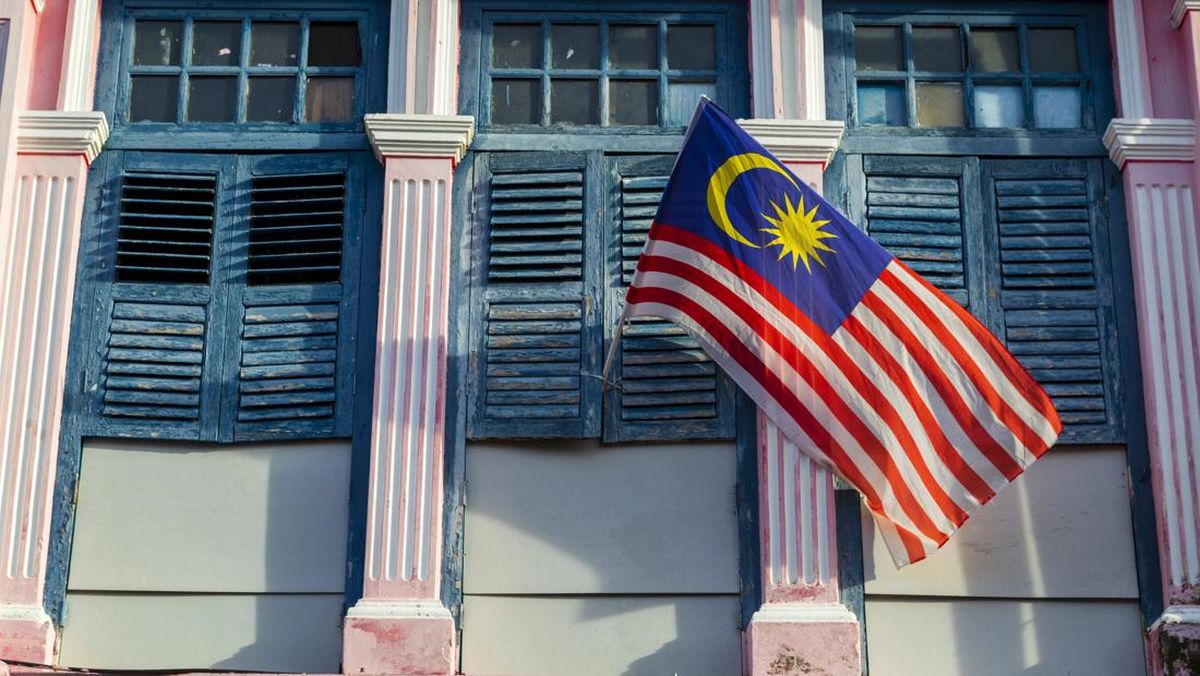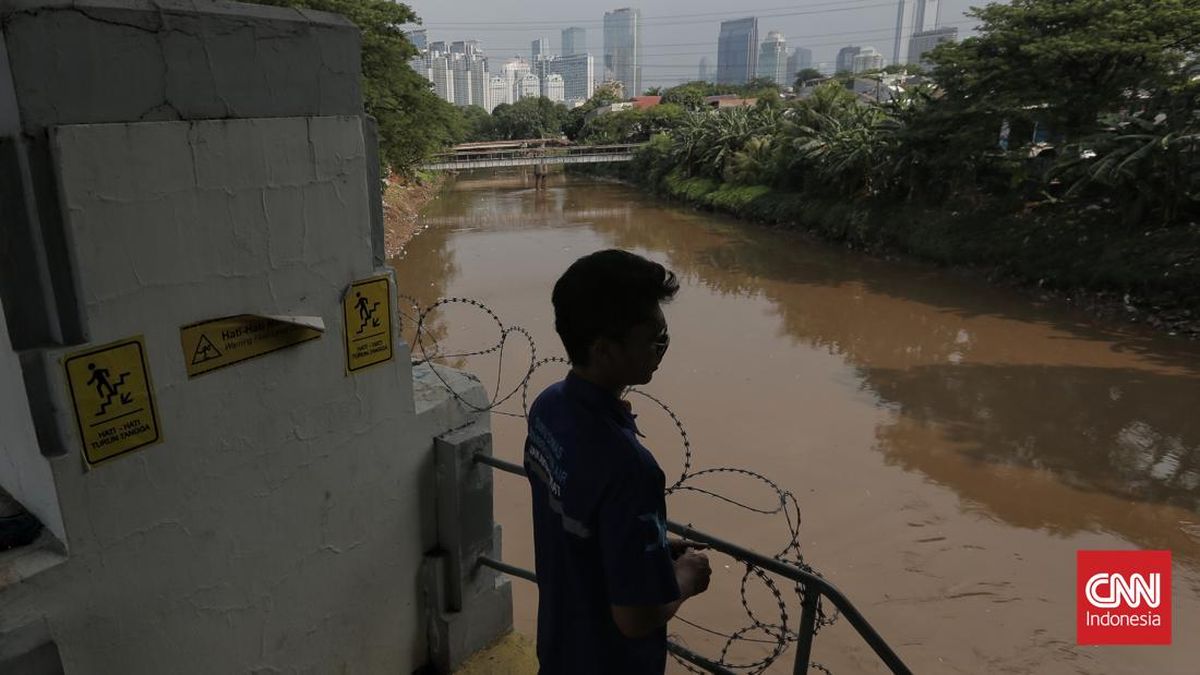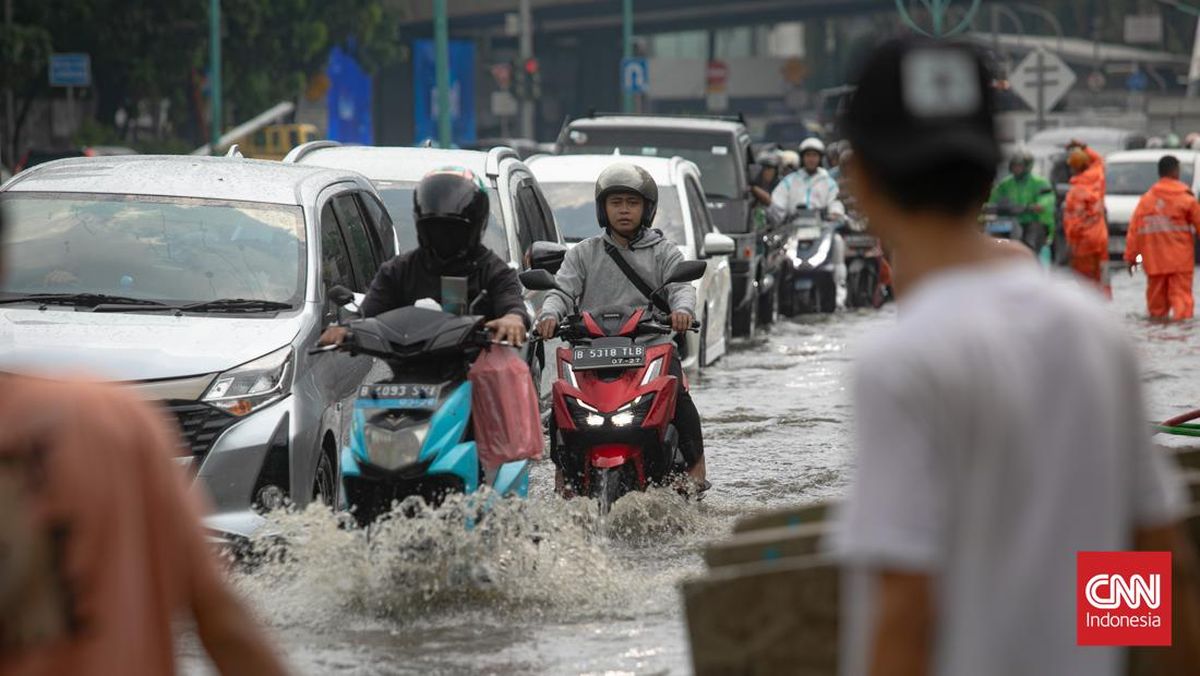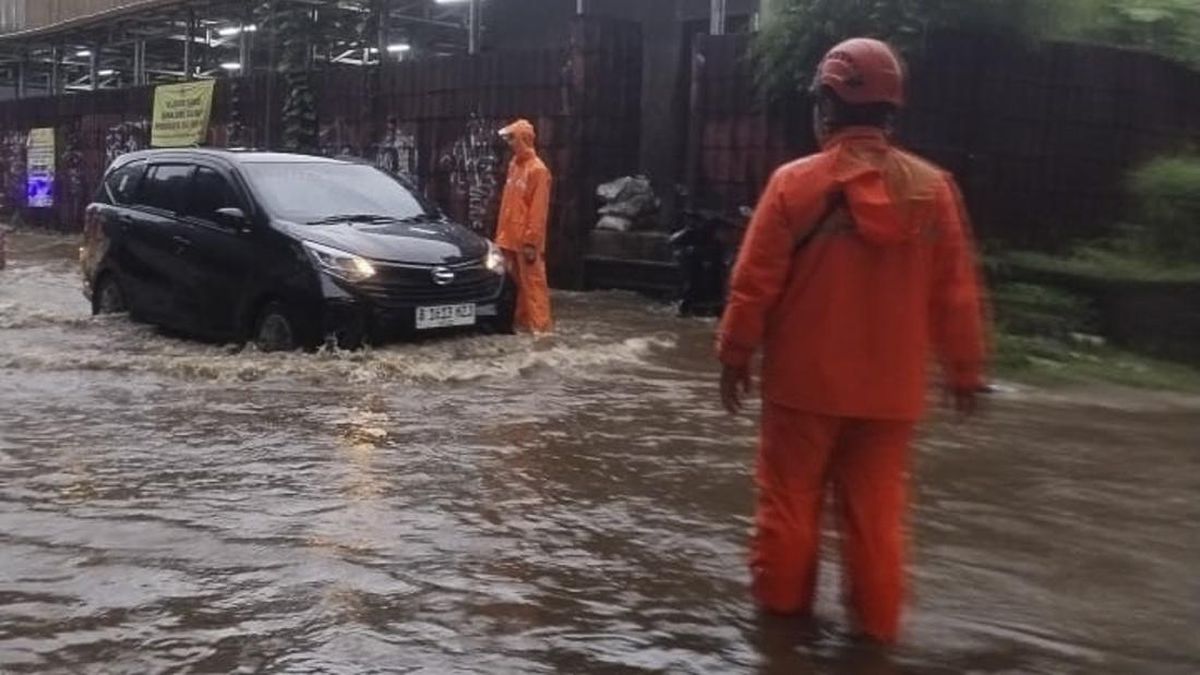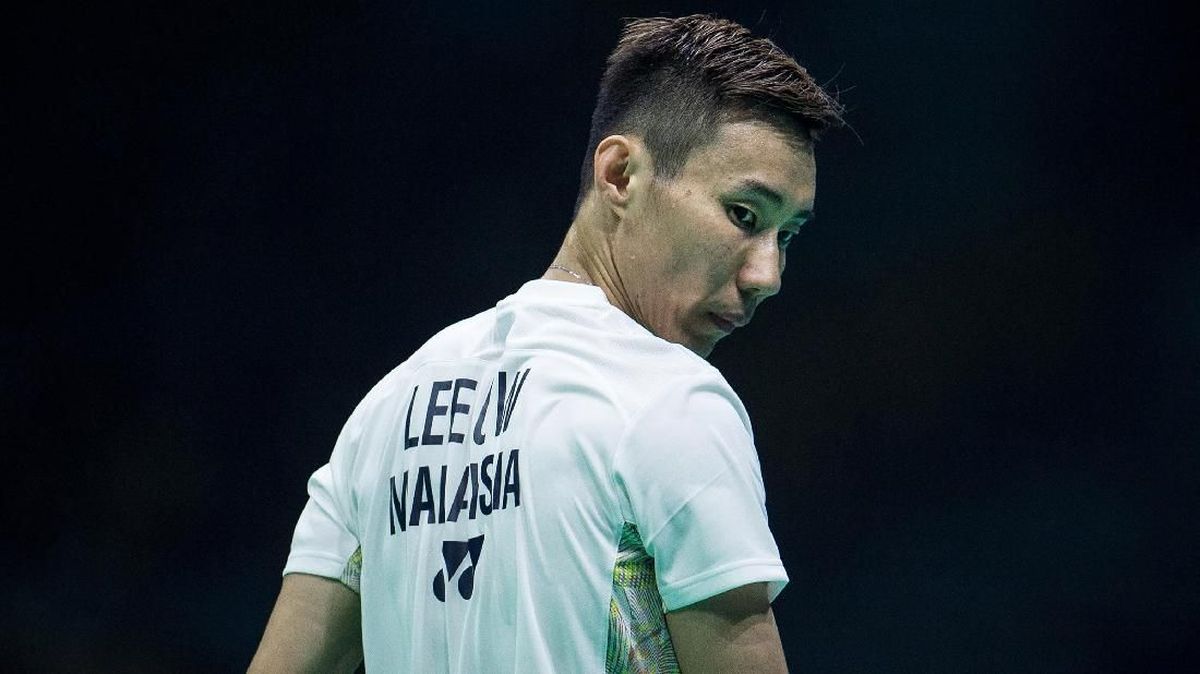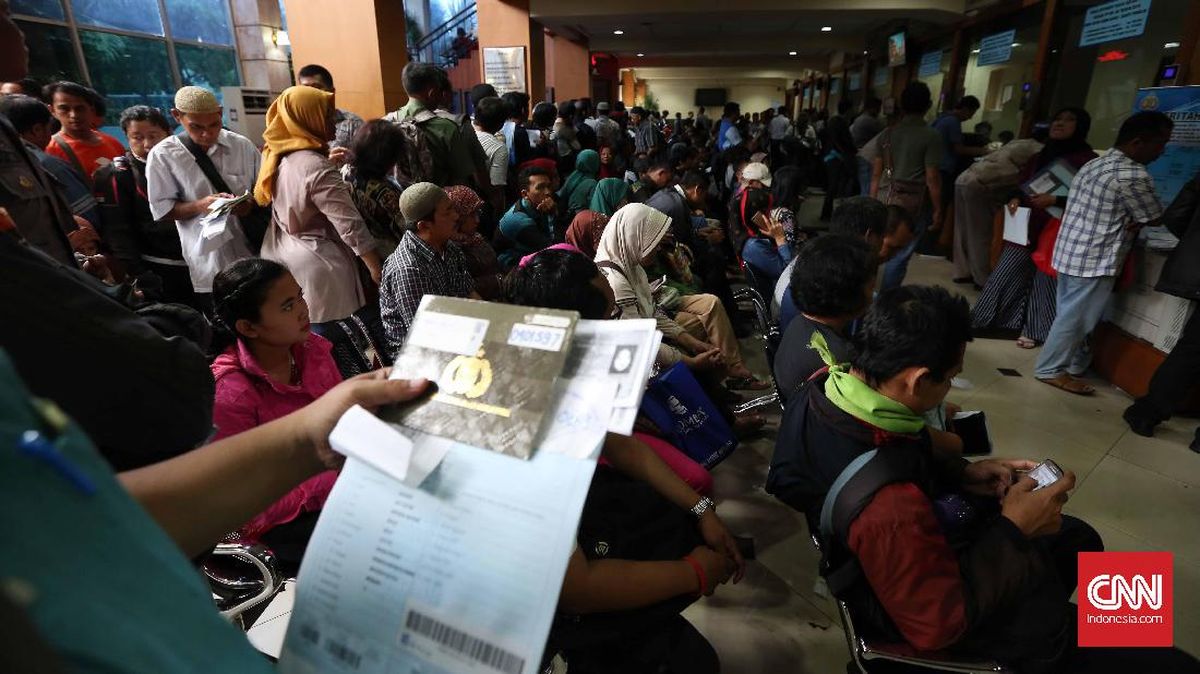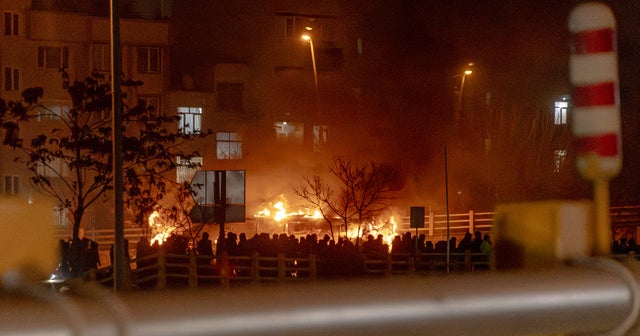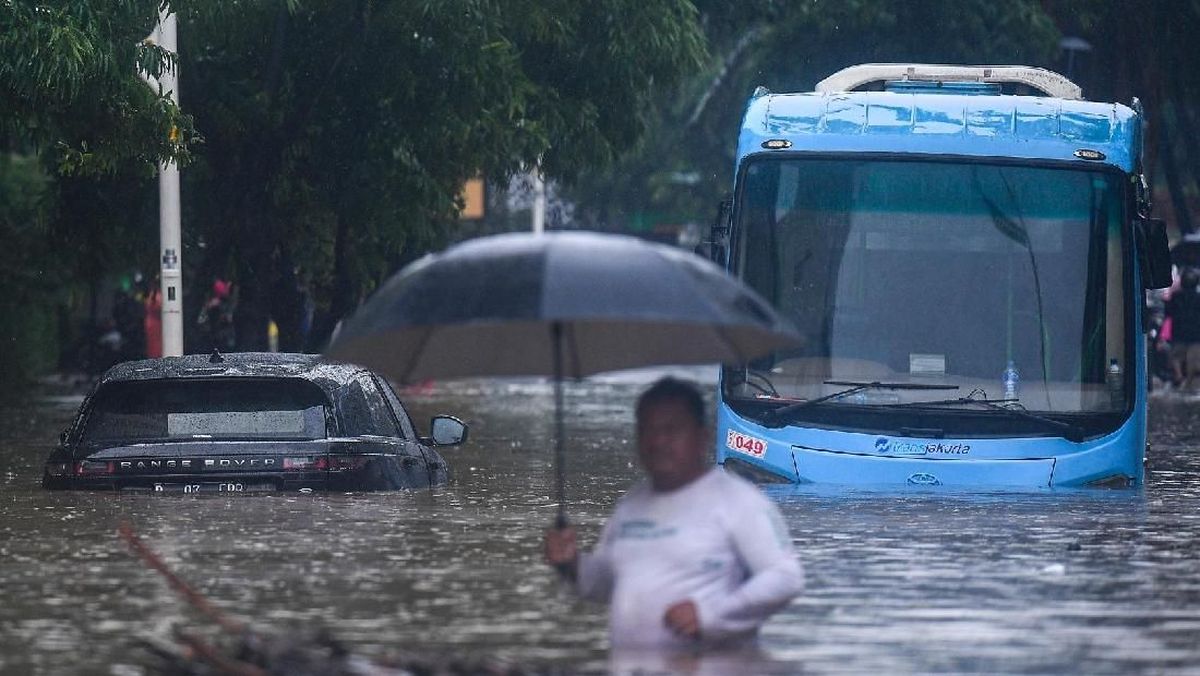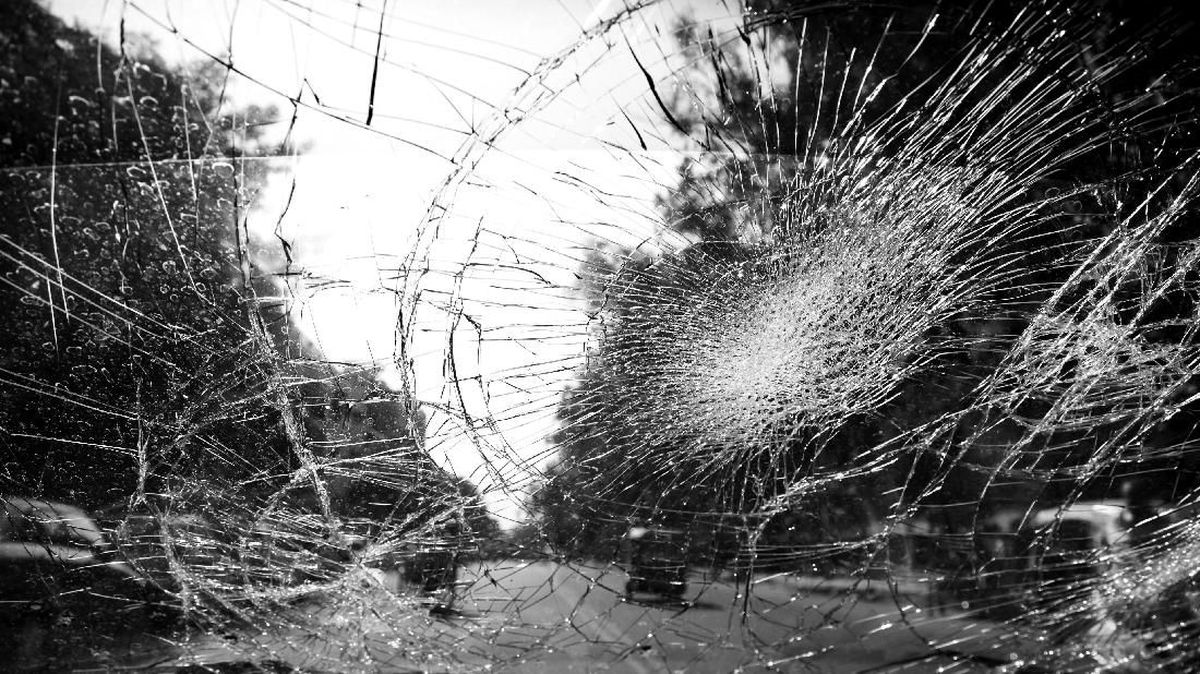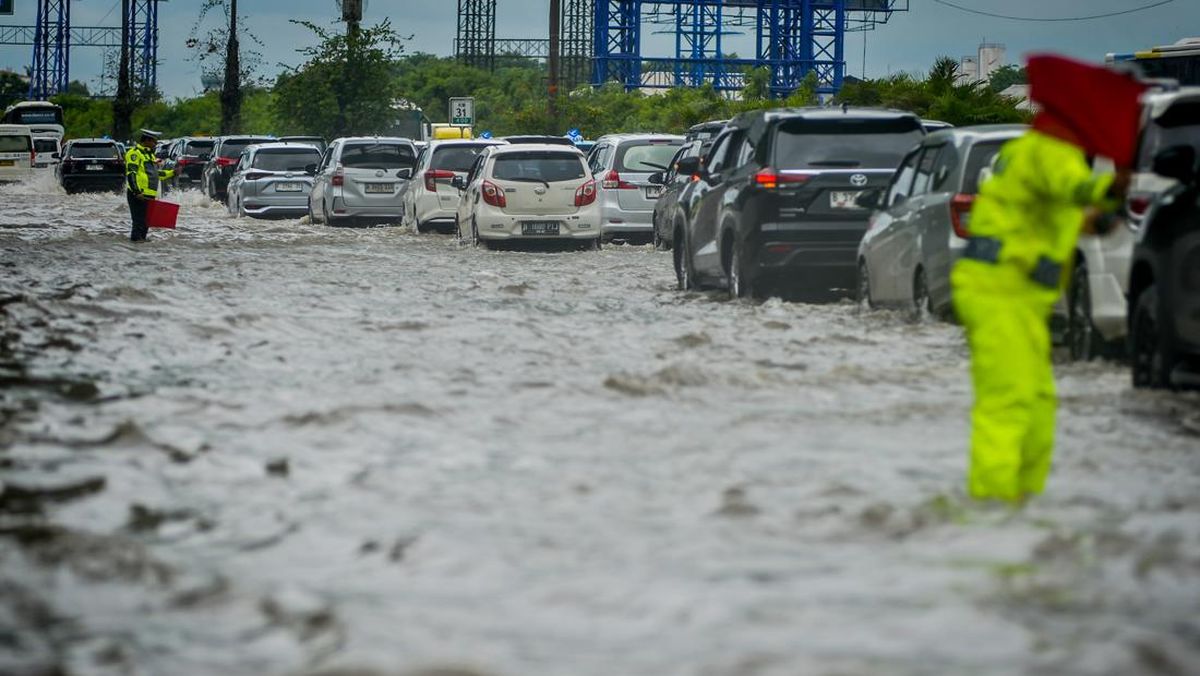It was the end of January, just a week after Donald Trump returned to office, when the email arrived in the inboxes of FHI 360 in Papua New Guinea.
As an organisation implementing the US President’s Emergency Plan for AIDS Relief, with funding distributed through the US Agency for International Development, FHI was expected to stop work immediately.
The Trump administration and its savings razor gang, the so-called Department of Government Efficiency, then led by tech billionaire Elon Musk, was going to dismantle USAID, accusing it of being a cesspool of fraud, waste and “wokeness”.

A healthcare worker in Papua New Guinea reviews clients before supplying antiretroviral therapy.Credit: FHI
FHI (formerly known as Family Health International) had little choice. Its work with local clinics – patient tracking, data entry, lab support – ground to a halt, as did its community engagement, or trying to get people tested for HIV.
“We had about a 70 per cent reduction in HIV testing volume, a 70 per cent reduction in new ART [antiretroviral therapy] initiations,” says the non-profit’s regional director, Poruan Temu, who is based in Port Moresby. “More critically for PrEP [pre-exposure prophylaxis], we had a reduction of over 90 per cent in access to prevention services.”
There has been a significant increase in HIV infections in Papua New Guinea over the past few years. In 2024, new cases reached 11,000 – double that of 2010, with nearly half of them among children and adults under 25. The steep rise prompted the PNG government to declare an HIV crisis on June 26 this year.
The sudden cessation of USAID funds sent shockwaves around the world, including in Australia’s backyard, the Pacific. Cuts to frontline health services were the obvious and immediate impact. Boxes of food and nutritional paste piled up in US warehouses, unable to be distributed to those in need.
Beyond that, though, there is a broader question: As the US retreats, who steps in to fill the void? In the Pacific, there is a clear answer – China, which has already spent billions of dollars in the region on new roads and vehicles, school upgrades, bridges and development assistance, often in the form of controversial loans.
For Australia, which is by far the largest aid donor in the Pacific, this poses a particular challenge amid strategic competition with China for influence in the region.
In July, the Centre for Strategic and International Studies (CSIS), a respected bipartisan Washington think tank, released a report warning that American actions in the Pacific, including Trump’s tariffs, were harming perceptions of the US and “not just leaving space for China to fill” but “elevating the narrative of China as a responsible, predictable global partner”.
Speaking to the Lowy Institute on a recent visit to Australia, one of the report’s authors, CSIS Australia chair Charles Edel, said the Trump administration’s moves had “left some of us scratching our heads” about the US mission to project power and influence in a region that it describes as central to its national security.
“The perception of the US as sometimes interested and sometimes not, and taking actions that are frankly bewildering to the region, seems to be at cross purposes to the stated rhetoric,” Edel said.
His colleague and co-author, Kathryn Paik, noted that while none of the USAID cuts or Trump’s tariffs were specifically aimed at the Pacific, “everything has had quite a large impact on this really critical region”.
The Centre for Global Development estimated that many Pacific nations lost 100 per cent of their USAID funding, including PNG, Vanuatu, Fiji, Palau and Solomon Islands.
The CSIS report suggested Canberra was spooked by the cuts. “Countries such as Australia, which has a deep appreciation of the importance of development assistance to its own national security, are racing to assess the extent of the fallout and recalibrate their own work in the region,” it said.
Some of Trump’s own Republican allies have also raised concerns, including California congresswoman Young Kim, who sits on the House foreign affairs committee and chairs a subcommittee on East Asia and the Pacific.
“[Chinese President] Xi Jinping is watching, and he’s waiting for the chance to fill any US vacuum,” she told a hearing in February. “Even critics of USAID acknowledge the critical soft-power value of targeted and efficient programming.”
Over the past fortnight, Australia received a reminder of the potential for Beijing to exploit uncertainty in the region, as Prime Minister Anthony Albanese failed to lock in security pacts with both Vanuatu and PNG. While Chinese influence was not explicitly identified as a factor in the obstruction, it looms large as a possible cause.
During a visit to Australia, former US president Joe Biden’s top Indo-Pacific adviser, Kurt Campbell, told the National Press Club on Tuesday: “I think it suggests that this is a region at strategic play, and that China is relentless, and they use all venues of engagement to try to block and block initiatives like the ones that Australia has initiated.”
Loading
Michael Schiffer was an assistant administrator of USAID from 2022 to 2025, heading its Asia bureau, and has worked at the Pentagon and on the US Senate’s foreign relations committee.
He says the gutting of foreign assistance will be deeply damaging for the US’s strategic interests in the region. His military contacts are telling him they are concerned about what it means for the Indo-Pacific Command, which is responsible for defending and promoting US interests in the Pacific and Asia, as well as the regional relationships the US needs to maintain and strengthen.
“I’m sure that Beijing is going to look to where it can fill the void,” Schiffer says. “It’s not like people in the Pacific are going to say, ‘Alright, I guess we won’t have the internet’, or, ‘OK, we won’t have cell phones’. They’re going to rely on China because they have no choice.
“It’ll be terrible for the people in the Pacific, terrible for US strategic interests, and countries like Australia are going to be left holding the bag.”
Lisa Curtis, director of the Indo-Pacific program at the Washington-based Centre for a New American Security, had much the same message when she addressed the United States Studies Centre in Sydney this week. “We are doing tremendous damage to ourselves when we cut US foreign aid so drastically,” she said. “It’s going to impact US global power and influence, and our ability to deter China.”
The CSIS report noted that while there has been persistent discomfort in the Pacific about the way Beijing engages with the region – an awareness that it is ultimately a self-interest exercise – the narrative is shifting.
China has already made hay of the US drawdown. CSIS notes China’s ambassador to PNG, Yang Xiaoguang, quickly labelled Trump’s tariffs “economic bullying” and said Beijing stood as Port Moresby’s “most reliable partner”, with open and consistent trade.
In late August, the Chinese embassy in Port Moresby hosted a bilateral trade and economic meeting, along with representatives from Chinese companies in PNG and a business delegation from China. At the same time, to commemorate the 80th anniversary of the end of World War II, Yang placed an article in PNG’s two major newspapers with a pointed message about the US and China.
“In today’s world, deficits in peace, development, security and governance continue to grow,” it said. “A certain country is putting its own interests first and engaging in hegemony and bullying, attempting to replace multilateralism and the postwar international order with unilateralism and its self-imposed rules, subjecting the UN to unprecedented challenges.
“Faced with the choice of unity or division, dialogue or confrontation, win-win or zero-sum, China remains committed to actively guiding the reform of the global governance system in keeping with the principles of fairness and justice, practising true multilateralism, promoting international unity and co-operation.”
Schiffer says that Trump’s tariffs and withdrawal of USAID have allowed Chinese diplomats to tell Pacific nations: “We told you the Americans aren’t reliable, we are.” But there is a catch to Beijing’s apparent generosity.
“It’s a Godfather-esque approach,” he says. “It’s not necessarily a quid pro quo. It’s ‘We’re doing you this favour, someday I may have a favour to ask of you’. That is their model. The bill always comes due. It’s not like that day never comes.”
Loading
The US drawdown and Beijing’s posturing have made it all the more necessary for Australia to reassert itself as a reliable friend of the Pacific, which is what Foreign Minister Penny Wong did when she addressed the Pacific Islands Forum in May.
She acknowledged the future was becoming more uncertain for the Pacific, citing “cuts to global aid and rules under strain”, alongside climate change.
“Australia is a partner the Pacific can count on,” Wong said. “Recognising the impact of global aid cuts, we have reprioritised our development assistance to dedicate 75 cents of every Australian development dollar to support our region.” That included $81 million to address HIV/AIDS, dengue fever and polio in the region.
By June, more than four months after the initial stop-work order went out, FHI in PNG had received confirmation from Washington that some – but not all – of its programs were deemed life-saving, and could resume.
Poruan Temu, the regional director, said the non-profit was ordered to focus on care and treatment for patients living with HIV. Despite the escalating HIV crisis in PNG, prevention was not considered a core activity. He says FHI is now focusing its prevention program on pregnant and breastfeeding women.

A triage clinic run by FHI in PNG.Credit: FHI
Happily, Temu says, the number of people accessing care has bounced back towards pre-stop-work-order levels. “We’re very proud of the efforts that have been made to make back the gains that were lost.”
This week, the US State Department held its own round table in Port Moresby, led by Deputy Secretary of State Christopher Landau, aimed at “reinvigorating the US-Pacific Islands partnership”.
It confirmed a number of digital connectivity commitments in the region, including the East Micronesia Cable, jointly funded with Australia and Japan, and an additional $US4.5 million ($6.8 million) for terrestrial infrastructure. It also flagged another $US5 million for airports, as well as other “trusted American digital technology” for Fiji.
Loading
Long-term investments in HIV epidemic control to PNG totalled $US26.95 million between 2018 and 2025, the department said, and the President’s Emergency Plan for AIDS Relief would continue to provide life-saving services for those living with HIV or at high risk of infection.
“Starting under the first Trump administration, the US has worked to reprioritise the Pacific Islands region in US foreign policy and advance US strategic objectives by fostering economic growth, expanding infrastructure and connectivity, and bolstering security co-operation,” it said.
“Under this second Trump administration, the US has renewed its commitment to a free and open Pacific Islands region.”
Get a note directly from our foreign correspondents on what’s making headlines around the world. Sign up for our weekly What in the World newsletter.

